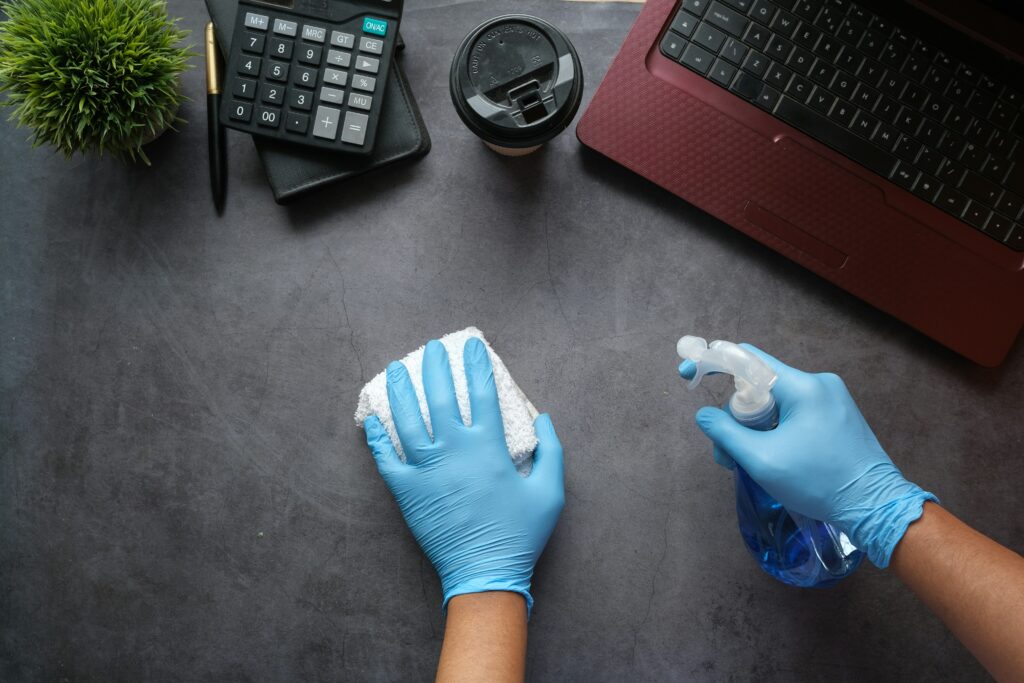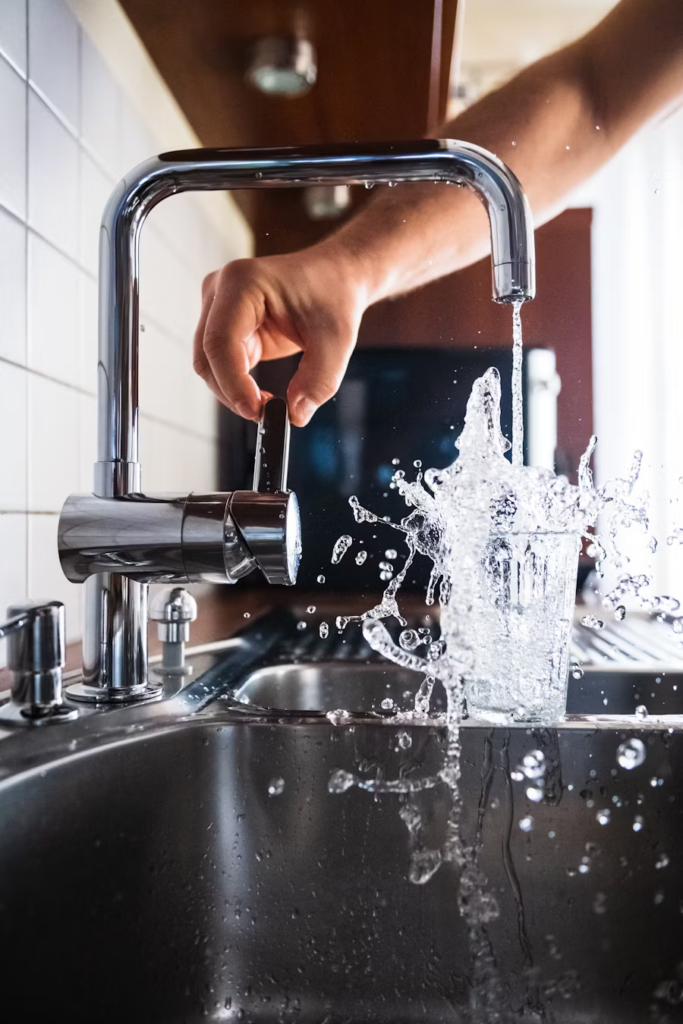Assembling furniture is essential for any homeowner, especially when setting up a new home. Whether moving into a new flat, upgrading your living space, or replacing old pieces, knowing how to assemble furniture correctly can save you time, effort, and potential frustration. In Singapore, where HDB flats and condos are the norm, furniture assembly is a common part of home setup, and it’s important to get it right.
We’ll also discuss what tools you’ll need, how to troubleshoot common issues, and when to consider asking for professional help.
- 1. DIY Assembly
- 2. Hiring a Handyman for Professional Assembly
- 3. Furniture Assembly Services from Retailers
- 4. Flat-Pack Furniture Assembly with Video Tutorials
- 5. Use of Furniture Assembly Kits
- 6. Assemble Furniture in Small Parts
- 7. Pre-assembled Furniture
- 8. Custom Furniture Assembly by a Carpenter
- 9. Flat-Pack Furniture with Pre-installed Parts
- 10. Using Professional Furniture Assembly Services for Large Installations
1. DIY Assembly
DIY furniture assembly is an appealing option for many homeowners in Singapore, especially if you enjoy putting things together. Many popular retailers, such as IKEA, offer flat-pack furniture with easy-to-follow instructions, allowing you to assemble it at your own pace.
What You’ll Need:
- Basic hand tools (screwdrivers, hammers, pliers, etc.)
- Measuring tape for alignment
- Assembly instructions (usually provided by the manufacturer)
- A clean, flat workspace to ensure pieces are properly aligned during assembly
Benefits:
- Cost-effective, as you avoid labor charges.
- It gives you a sense of satisfaction once the furniture is complete.
- Provides full control over the process and results.
Tips for Success:
- Take time, read the instructions carefully, and don’t skip steps.
- Enlist a friend or family member for help when working with large furniture.

2. Hiring a Handyman for Professional Assembly
Hiring a professional handyman is ideal if you want to save time and avoid potential mistakes. Professionals have the experience, expertise, and tools necessary to assemble furniture efficiently and securely. Whether it’s a large wardrobe or an intricate shelving unit, hiring an experienced handyman ensures the job is done properly.
What You’ll Need:
- Find a reliable handyman service in Singapore
- Schedule a time that’s convenient for you.
Benefits:
- Fast and efficient assembly with minimal hassle.
- Expertise in handling complicated furniture pieces.
- You can focus on other aspects of your home setup while the professional oversees assembly.
Tips for Success:
- Make sure to communicate any special requirements or requests to the handyman.
- Have your furniture parts organized and ready before the handyman arrives.
3. Furniture Assembly Services from Retailers
Many large furniture retailers, including IKEA, Courts, and Harvey Norman, offer assembly services when you purchase furniture. This convenient service ensures your new furniture is assembled to the retailer’s standards.
What You’ll Need:
- A purchase receipt for your furniture.
- A scheduled assembly date with the retailer’s assembly service.
Benefits:
- Professionally assembled by individuals familiar with the furniture.
- There is no need to worry about missing or misplaced parts.
- It is convenient, as it can often be scheduled with delivery.
Tips for Success:
- Be sure to check the retailer’s assembly service availability, as some items may not be eligible for assembly.
- Confirm the price of the service before purchasing to avoid surprise charges.
4. Flat-Pack Furniture Assembly with Video Tutorials
In today’s digital age, many furniture retailers and DIY enthusiasts upload video tutorials to help guide you through the assembly process. These videos often provide step-by-step instructions and visual cues that can make assembly easier, especially for complicated items.
What You’ll Need:
- Access to online tutorials (YouTube, retailer websites, etc.)
- Basic tools and equipment for assembly.
Benefits:
- Visual step-by-step guidance makes the process easier to understand.
- Free and easily accessible, with detailed instructions.
- It allows you to go at your own pace and revisit parts as needed.
Tips for Success:
- Search for tutorials specific to the brand and model of furniture you’re assembling.
- Pause the video during complex steps to follow along without rushing.
5. Use of Furniture Assembly Kits
Some manufacturers provide furniture assembly kits, which include everything you need for the assembly process, from screws and nails to specific tools. These kits are ideal if you prefer a more organized approach to assembly, as everything is neatly provided.
What You’ll Need:
- The complete furniture assembly kit.
- The necessary space to assemble the furniture.
Benefits:
- Convenient, as all parts are included.
- Perfect for those who need everything in one place.
Tips for Success:
- Double-check that all components are included before beginning.
- Follow the instructions carefully, especially when using new tools included in the kit.
6. Assemble Furniture in Small Parts
When assembling large furniture pieces, it’s easy to feel overwhelmed. To make the process more manageable, break the assembly into smaller tasks. For example, start with attaching the legs, then move on to the sides, and so on. This method ensures you can focus on one thing at a time and doesn’t overwhelm you with the entire process.
What You’ll Need:
- A clean and spacious work area.
- A well-organized plan for the steps involved.
Benefits:
- It helps you stay organized and prevent mistakes.
- It makes the process feel less daunting and more achievable.
Tips for Success:
- Lay out all parts before starting, and separate them by type.
- Work in stages and take regular breaks if needed.

7. Pre-assembled Furniture
If you’re looking for a time-saving solution, pre-assembled furniture is a great option. Many stores offer pre-assembled units, which means no assembly is required on your end. This is particularly useful for busy individuals or those who may not have the time or energy for assembly.
What You’ll Need:
- Decide on the pre-assembled furniture you’d like to purchase.
- Arrange for delivery to your home.
Benefits:
- No assembly is needed so that you can enjoy your new furniture right away.
- Saves time and effort on your part.
Tips for Success:
- Check the delivery options to ensure the furniture can be brought directly into your home and placed where you want it.
- Ensure the furniture fits in your space before purchasing.
8. Custom Furniture Assembly by a Carpenter
If you want something unique or tailored to your space, custom furniture assembly by a professional carpenter is an excellent option. This route allows you to create furniture that suits your needs and fits perfectly into your home.
What You’ll Need:
- A design or idea of the custom furniture.
- A carpenter to build and assemble it.
Benefits:
- Custom-made furniture perfectly fits your space.
- High-quality craftsmanship and unique designs.
Tips for Success:
- Be clear about your needs and measurements with the carpenter.
- Set realistic expectations for delivery and installation times.
9. Flat-Pack Furniture with Pre-installed Parts
Some flat-pack furniture comes with pre-installed parts, reducing the time it takes to assemble. These pieces are designed to be easy to assemble with fewer components, making them more convenient for homeowners who want a quick setup.
What You’ll Need:
- Access to flat-pack furniture that includes pre-installed parts.
Benefits:
- Easier and quicker assembly.
- Fewer parts mean less confusion and fewer mistakes.
Tips for Success:
- Ensure you understand the assembly instructions, even if some parts are pre-installed.
- Be cautious when handling parts to prevent damaging the pre-installed components.
10. Using Professional Furniture Assembly Services for Large Installations
Consider professional assembly services for large or complex furniture installations, such as wardrobes, entertainment units, and ample storage cabinets. This is especially useful if the furniture is too heavy or large for DIY installation.
What You’ll Need:
- Contact details for a professional assembly service.
Benefits:
- Expert assembly ensures quality and safety.
- It saves time and reduces stress.
Tips for Success:
- Be clear about your expectations with the assembly service provider.
- Ensure all furniture parts are available and in good condition, before the technician arrives.
Final Thoughts
Furniture assembly can be daunting, but with the right approach, it can also be an enjoyable and rewarding experience. From simple DIY techniques to hiring expert help, understanding the best ways to assemble your furniture ensures that your home setup goes smoothly and your furniture is assembled properly.
By following these tips and choosing the appropriate assembly method, your furniture will be ready for use quickly and effectively, turning your living space into a comfortable, well-organized home.
















You must be logged in to post a comment.